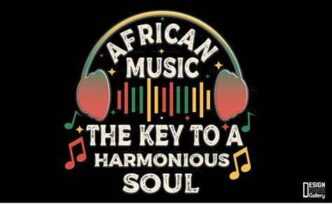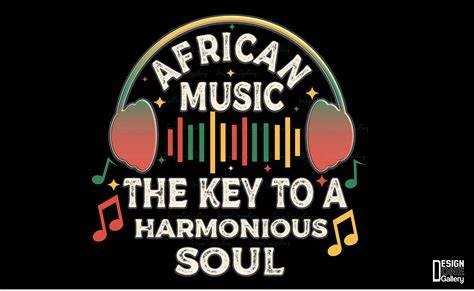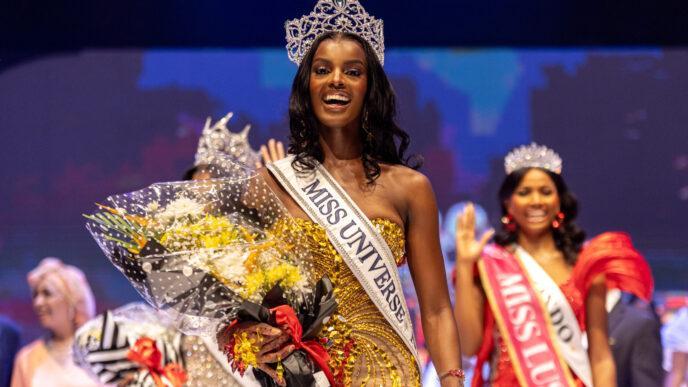Music has always been a powerful and dynamic conveyor of the unique cultural history and tradition of every African country, culture, tribe, and people. It is a significant medium that has been passed down from generation to generation, entertaining, conveying messages, and conserving the history and culture of tribes and cultures.
In many African societies and cultures, music, songs, ballads, instrumentals, and beats are an integral part of daily life, playing a crucial role in rituals, ceremonies, events, spiritual divinations and worship, storytelling, and community bonding, and are appreciated in many ways. Welcoming and praising kings, serving as a guide to the afterlife, and communicating with ancestors through storytelling and even sending secret codes and messages, the music of Africa is uniquely featured with a distinctive, raw, and creative sound created by beautiful and brilliant instruments like The Mbira, also known as the thumb piano, indigenous to Zimbabwe’s Shona tribe, the Kora, first invented in Gambia, The Algaita occasionally employed in jazz recordings, native to the Hausa tribe in Nigeria.
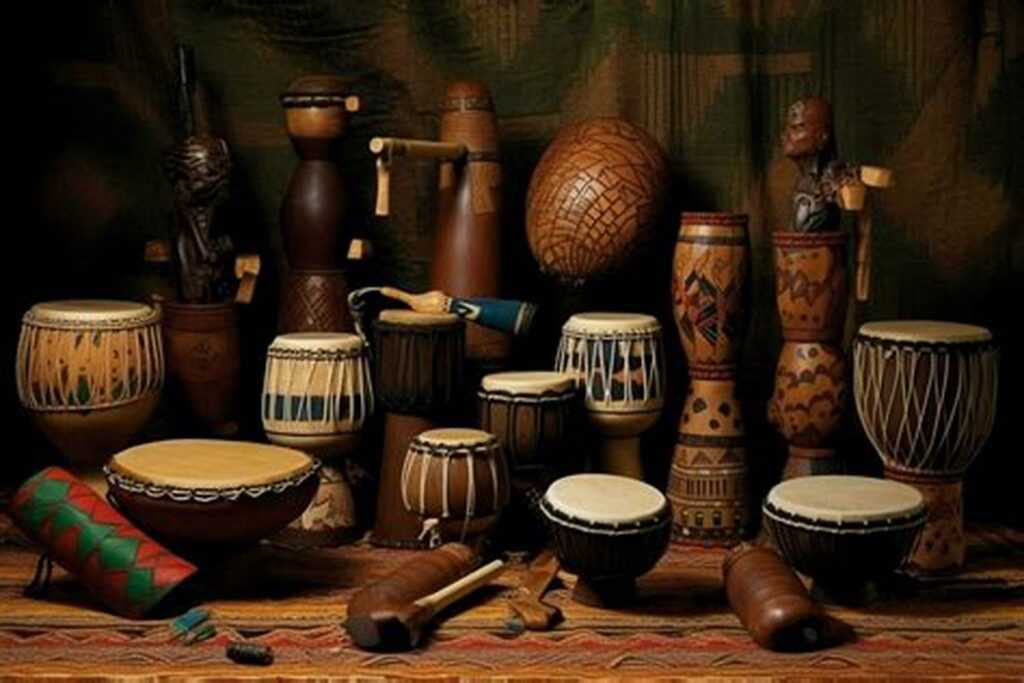
Most importantly, African Music has served as a pivotal tool for the unification of the African Continent, a unifying thread that weaves together diverse cultures, languages, and histories. This is reflected through history with songs like Kosi Sikelel’ iAfrika” – A Pan-African Anthem, composed in 1897 by Enoch Sontonga, this hymn became a symbol of African unity and resistance against colonialism, “Indépendance Cha Cha” – Soundtrack of Liberation, it was sung in Lingala and French, and resonated across linguistic divides, symbolizing hope and unity during a pivotal era.
In modern times, Africa’s vastness and diversity are reflected in its music. Each region of Africa has developed its own unique musical styles and traditions. That has given rise to genres like Afrobeats, juju, Benga, Mbube, Rai, Gnawa, Amapiano, and so much more.
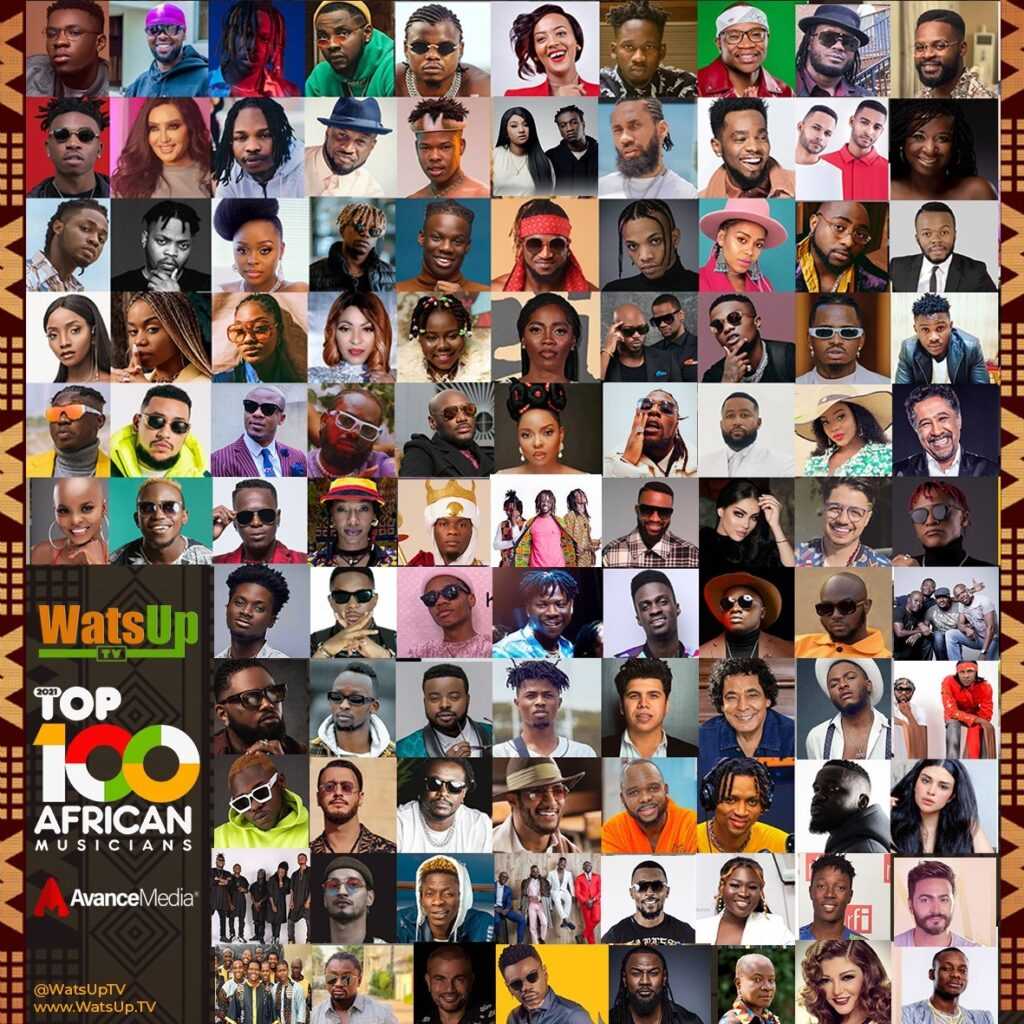
These African music genres have united, leading to the growth, magnification, acceptance, and even social collision of African music. This collision and cross-border engagement of African music and genres has not only unified the continent, but it has also led to a global revolution surrounding African music. The African sound has now reached the entire globe and is appreciated for its beauty, brilliance, and unique sound. Genres like Afrobeats and Amapiano have unified and created the distinct and beloved Afropiano sound, which has been featured everywhere from global music festivals, awards shows, to topping charts and trends across platforms.
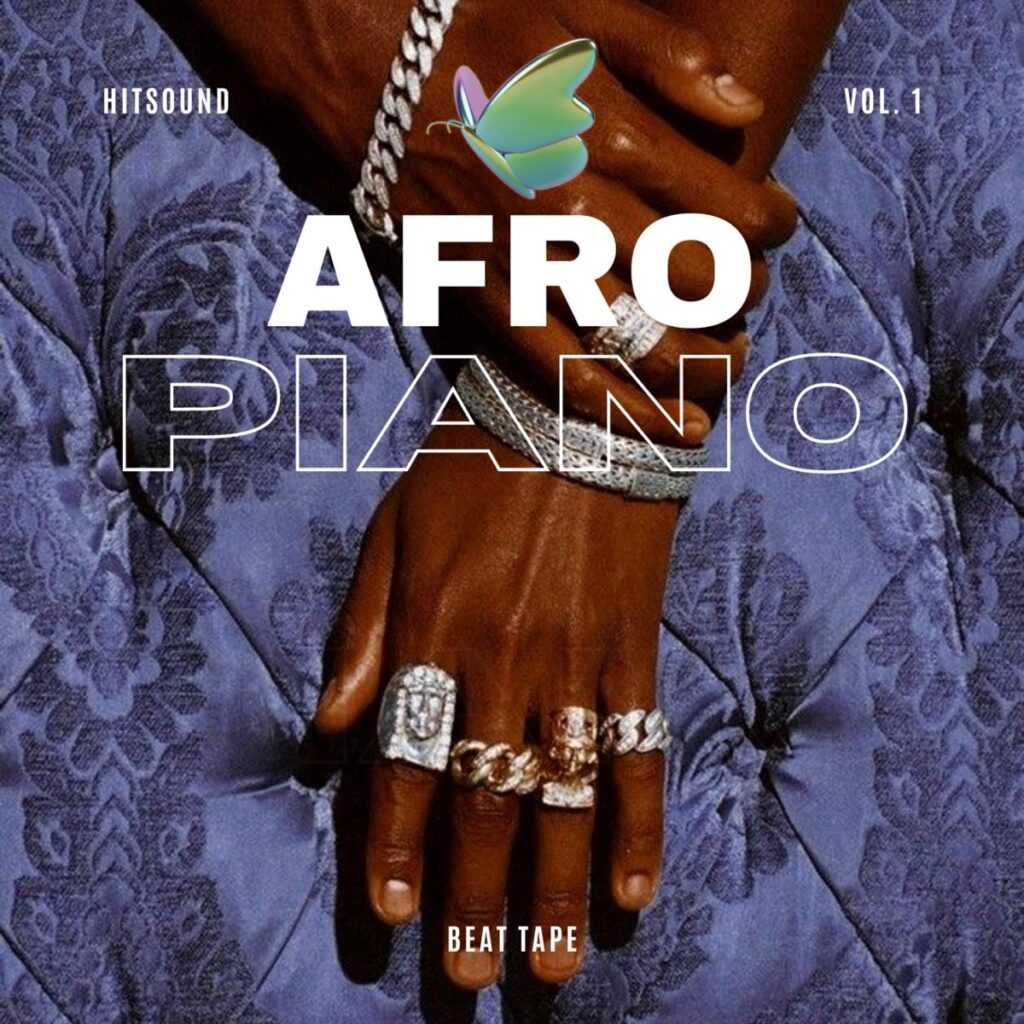
African music is far more than rhythm and sound it is memory, identity, resistance, and hope. It speaks not only to the soul of each culture but to the collective spirit of a continent that has long used harmony as a form of strength. It unites, empowers, and redefines how Africa is seen—and how it sees itself. Africa’s heartbeat is loud, proud, beautiful, and brilliant. Let us celebrate the power of African music in unity.
